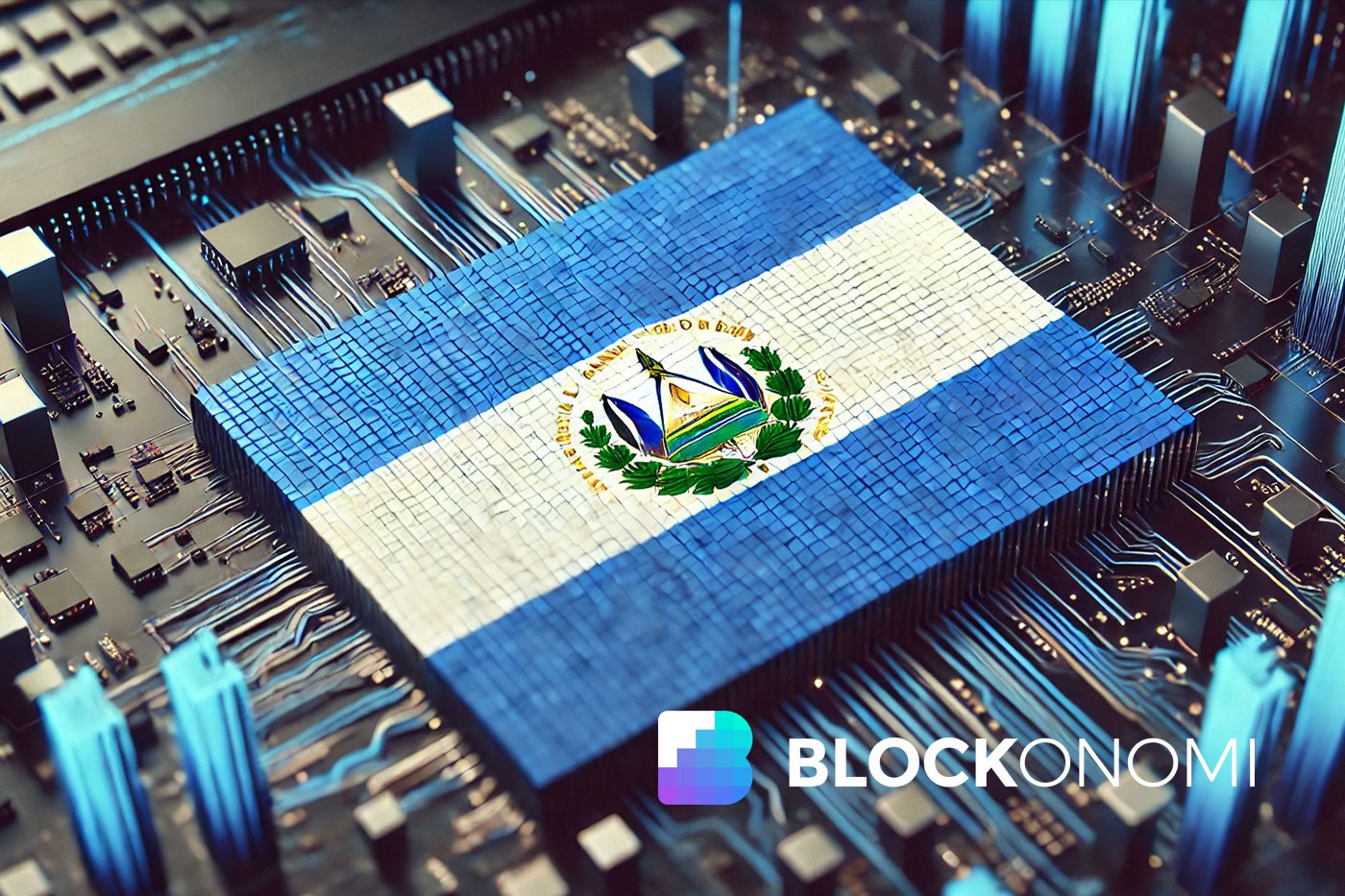
El Salvador has once again made headlines in the cryptocurrency world by continuing its Bitcoin acquisition strategy, defying International Monetary Fund (IMF) agreements. With President Nayib Bukele at the helm, this small Central American nation continues to double down on its Bitcoin investments, raising questions about financial transparency and the long-term implications of their crypto-focused strategy.
El Salvador’s Commitment to Bitcoin
Despite securing a $1.4 billion loan from the IMF in 2024 with conditions to halt further Bitcoin purchases, El Salvador has recently added 21 BTC to its reserves. The purchase, worth about $726.8 million in total holdings, was meant to celebrate the fourth anniversary of the nation’s groundbreaking Bitcoin Law, which made cryptocurrency legal tender.
On-chain data confirms that the nation now holds approximately 6,318 BTC. This comes alongside recent acquisitions, including the purchase of 28 BTC last week and 51 BTC over the past 30 days. Many experts believe that this contradicts the IMF’s claim that El Salvador has stopped adding Bitcoin to its holdings.
Transparency Concerns and IMF Criticism
While President Bukele remains steadfast in his pro-Bitcoin stance, critics—including financial experts and crypto analysts—have pointed out the lack of transparency in El Salvador’s Bitcoin transactions. Crypto analytics firm Bubblemaps suggests older Bitcoins may be moved into public wallets, rather than purchasing new assets outright. James Bosworth, founder of Hxagon, also highlighted concerns that these movements may resemble government-backed wash trades.
The IMF, for its part, continues to pressure El Salvador to reduce its reliance on cryptocurrency, citing risks related to financial stability and governance. However, Bukele has shown no signs of backing down: “If we didn’t stop when the world ostracized us, we will not stop now,” he declared in a March statement.
The Bigger Picture: Financial Strategy or Gamble?
El Salvador’s embrace of Bitcoin has sparked debate on a global scale. Advocates argue that the country’s actions could pave the way for a new era of decentralized finance, providing an alternative to the constraints of traditional institutions like the IMF. On the other hand, opponents fear these moves could destabilize the nation’s economy, given the volatile nature of cryptocurrency markets.
Nevertheless, President Bukele remains optimistic about his plan, positioning Bitcoin as a strategic asset for long-term national growth. Only time will tell whether this bold experiment will bear fruit or lead to financial pitfalls.
Explore Crypto Wallet Solutions
If you’re inspired by El Salvador’s journey into the crypto world, you might consider secure and efficient wallet options such as the Ledger Nano X. This hardware wallet is designed to help users safely store and manage their Bitcoin and other cryptocurrencies, ensuring personal financial sovereignty.



